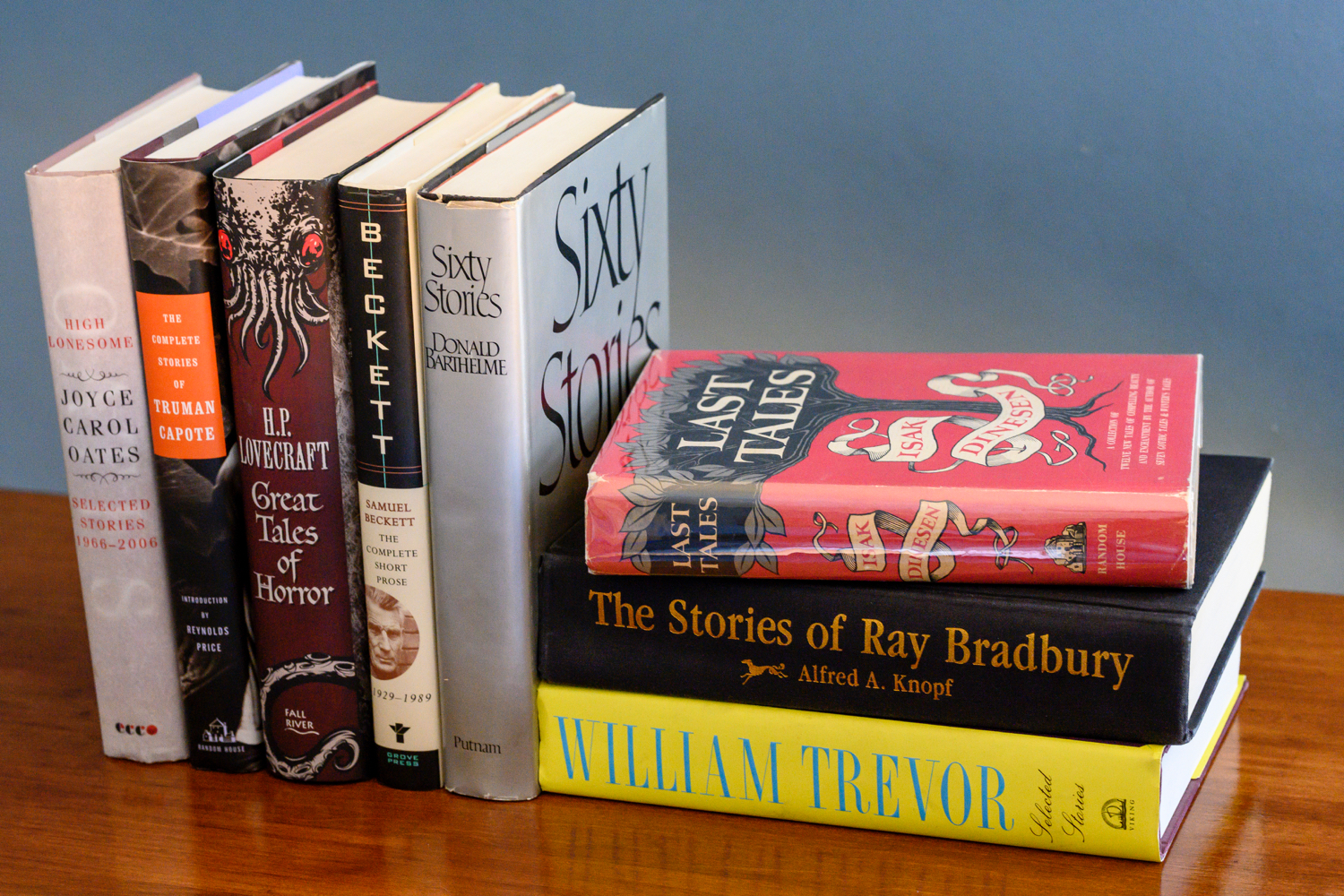Known as:
50-word story: The dribble
100-word story: The drabble a/k/a micro-fiction
140 words: Twitterature
750 words: Sudden fiction
1,000 or < 1,500 words: Flash fiction, micro-story or short-short fiction
Described as
“…one-part story and one-part poem. Plot matters less than mood and telling details—yet it does matter. The joy of flash fiction as a writer and a reader is found not only in the words of the story, but in what is left out—the absences can be almost spectral, haunting what’s been told, only guessed at.”
(Editor/Writer, Grant Faulkner)
“…a genre that is deceptively complex.”
(Becky Tuch, writer for the review, views on publishing)
“…the intellectually challenging blurb… [but] …do not make the mistake of assuming that such bare-bones writing is less than elegant or beautiful. Flash fiction is a story in which every word is absolutely essential, …peel away the frills and lace until you’re left with nothing but the hard, clean-scraped core of a story.”
(Jason Gurley, writer for Writing-World.com)
“… fictional work of extreme brevity, that still offers character and plot development. Possess[ing] a unique literary quality, e.g., the ability to hint at or imply a larger story.”
(Wikipedia)
Notable Contributors:
Anton Chekhov
Franz Kafka
O’Henry
H.P. Lovecraft
Ernest Hemingway
David Barthelme
Amelia Gray
Lydia Davis
Grant Faulkner
Robert Scotellaro
Ray Bradbury
Kurt Vonnegut, Jr.
Etgar Keret
Neil Gaiman
David Gaffney
Shortest story ever told?
Ernest Hemingway was challenged by a friend to write a story in less than 10 words. He did it in six: “For Sale, baby shoes, never worn.”

